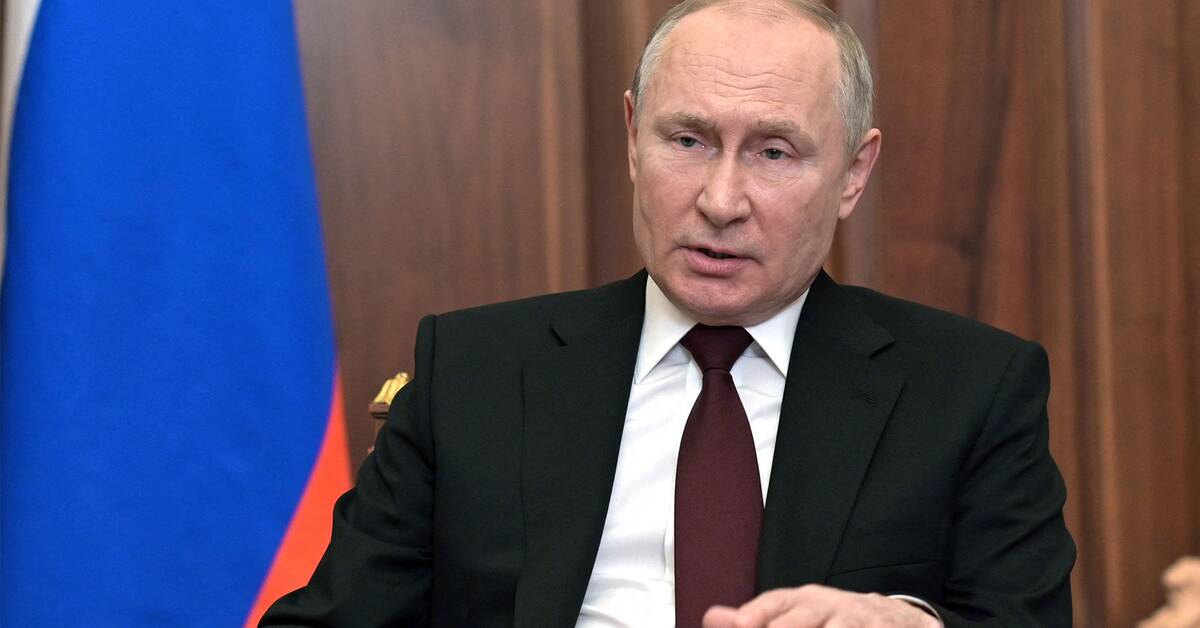When Russian President Vladimir Putin addressed the nation on Monday, it was mainly to recognize the pro-Russian separatist areas of Luhansk and Donetsk as independent states.
But in the hour-long speech, he also had time to explain his view of the global security order.
SVT Nyheter has talked to Russia expert Gudrun Persson and military analyst Johan Norberg at the Swedish Defense Research Agency (FOI) about two of the most important points in the speech and what they can say about Putin's future plans.
Ukraine is part of Russia's sphere of interest
- This is what Putin has been saying for a long time, not least since the annexation of Crimea.
Recognizing Donetsk and Luhansk according to that worldview is not enough, it's just a long way off.
Now it is important to closely follow what is happening along the border.
In general, we must think long-term and prepare for further Russian aggression, says Persson.
It is clear that Russia wants political control over its immediate area.
Exactly how is difficult to predict.
All means seem to be possible and allowed according to the Russian gambling book.
With the recognition of Donetsk and Luhansk, Russia has expanded the possibility of strengthening the military in the Donbass area, says Norberg.
The European security system
Russia's political and military leadership has expressed frustration over the European security system for 15 years.
Now you put power behind the words with armed forces.
You feel that you have not been listened to by the West.
So listen now, Putin says and shows off his doomsday weapons, Persson says.
- Russia emphasizes that it is the West that is aggressive, dangerous and threatening.
From a Russian perspective, the West has been responsible for strange interventions in the world since the 1990s and has overthrown regimes and more.
You can think what you want about that rhetoric, but that is the Russian view.
They have no problem using it to justify their behavior and stand above the European security system, says Norberg.
Javascript is disabled
Javascript must be turned on to play video
Read more about browser support
The browser is not supported
SVT does not support playback in your browser.
We therefore recommend that you switch to a different browser.
Read more about browser support
Hard to keep up with the turns in the Ukraine crisis.
Here are five things you should know to keep up with the conversation.
Photo: AP / TT

